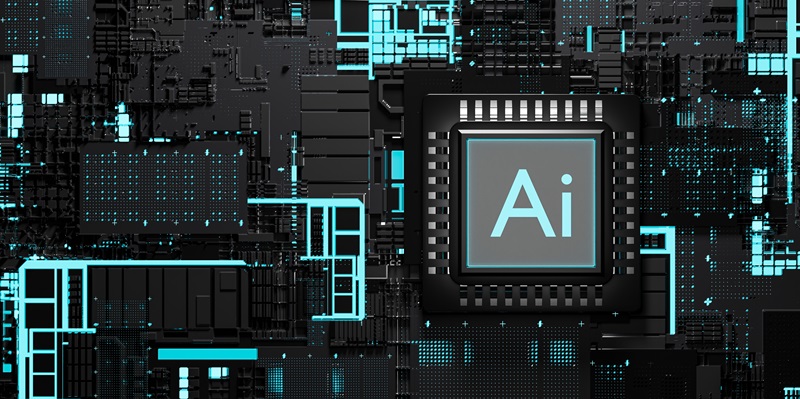Meta, the parent company of Facebook, Instagram, and WhatsApp, is taking a significant step towards enhancing its artificial intelligence (AI) capabilities by deploying an updated version of its AI-focused custom chips in its data centers. The move is part of Meta’s strategy to reduce reliance on external chip suppliers like Nvidia. With this development, Meta aims to strengthen its position in the AI market and build more advanced AI products and services.
Reduced Reliance on Nvidia
Meta is looking to deploy the second generation of its in-house chips as it seeks to decrease its dependence on Nvidia. Recent documents reveal the company’s strong desire to reduce its reliance on external chip suppliers. By designing and utilizing its own chips, Meta intends to have greater control over its AI infrastructure and reduce costs associated with procuring third-party solutions.
Delay in Chip Rollout:
Originally expected to roll out its in-house chips in 2022, Meta had to alter its plans due to the industry-wide shift from CPUs to GPUs for AI training. This transition necessitated redesigning its data centers and led to the cancellation of multiple projects. However, the setbacks have not deterred Meta from pursuing its goal of deploying its custom chips on a revised timeline.
Meta’s Q4 2023 Earnings
In its recently released Q4 2023 earnings report, Meta posted impressive revenue of $40 billion for the three months ending in December. This figure represents a significant 25% increase compared to the previous year, highlighting the company’s strong financial performance and commitment to continued growth in the AI sector.
Investment in AI and Data Center Capacity
Meta’s CEO, Mark Zuckerberg, emphasized the company’s commitment to investing in AI and data center capacity during discussions with analysts following the earnings release. As the demand for computing capacity continues to escalate, Meta recognizes the need to expand its infrastructure to accommodate the growing requirements of training AI models and running AI inference engines.
Zuckerberg highlighted the challenges of estimating the precise compute power needs, noting that the trend has shown approximately 10x growth in the compute power required to train state-of-the-art large language models (LLMs) each year. In response, Meta is actively investing in cutting-edge AI technology and increasing its data center capacity.
Goal of Building Advanced AI Products and Services
One of Meta’s major ambitions is to develop and offer the most popular and advanced AI products and services. By deploying its custom AI chips, the company aims to bolster its AI capabilities, thereby enhancing user experiences across platforms and enabling breakthrough innovations. These efforts align with Meta’s vision to transform the way people interact with technology and redefine the possibilities of AI.
Spending Growth Driven by AI and Non-AI Servers
CFO Susan Li emphasized that Meta anticipates spending growth driven by investments in AI infrastructure, non-AI servers, and data centers. As the company expands its AI initiatives, it will allocate resources to support these activities, which will contribute to Meta’s future growth and strengthen its position as a leader in the AI space.
Meta’s Commitment to Compute Power
In an interview with The Verge earlier this month, Zuckerberg stated that Meta aims to operate compute power equivalent to 600,000 Nvidia H100 units by the end of 2024. This commitment underscores Meta’s determination to develop robust AI infrastructure and ensure maximum compute efficiency to drive its ambitious AI projects.
Development of Meta’s In-House AI Chips:
Meta’s drive to enhance its AI capabilities and reduce dependence on external chip suppliers like Nvidia has prompted the company to actively work on developing its own AI chips. By leveraging in-house chip design and production, Meta aims to further optimize its AI infrastructure, improve performance, and gain greater control over its AI technology stack. This strategic move positions Meta for greater innovation and flexibility in its AI endeavors.
Meta’s plan to deploy updated AI chips in its data centers showcases its commitment to advancing its AI capabilities and reducing reliance on external suppliers. With a strong focus on investing in cutting-edge technology and increasing computing capacity, Meta is set to be at the forefront of AI innovation. By leveraging its in-house chip development efforts, Meta aims to build the most popular and advanced AI products and services, reshaping the future of technology and solidifying its position as an AI powerhouse.

